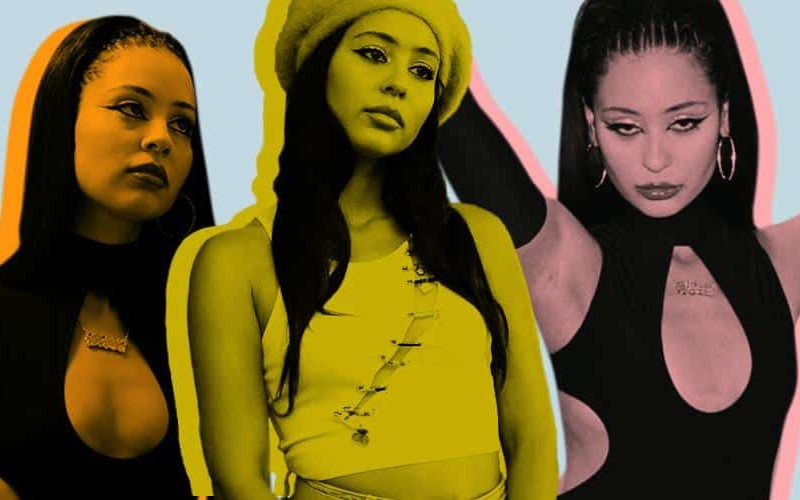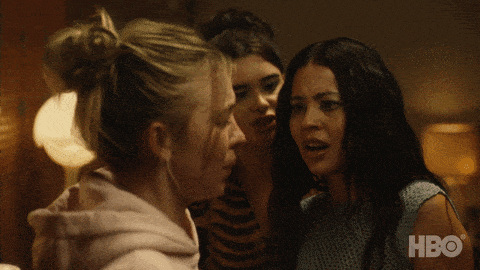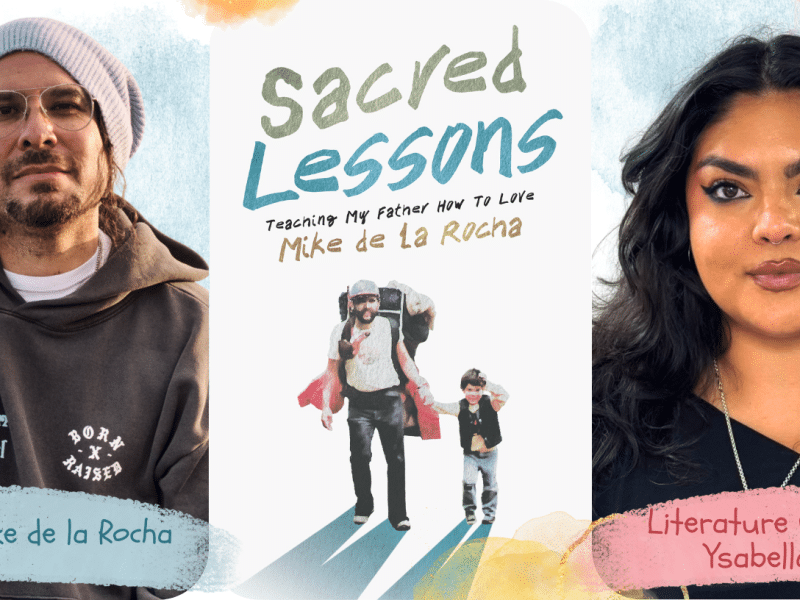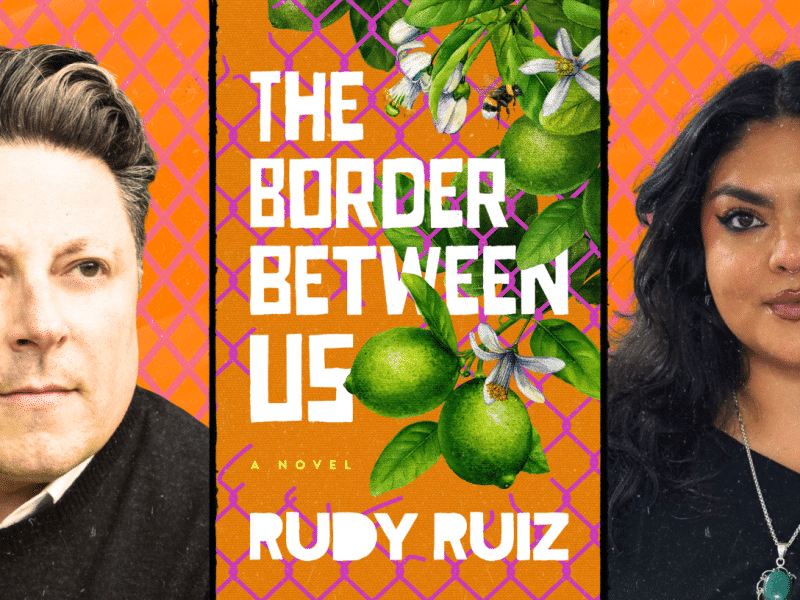Maddy: Another Stereotypical Latina Character?

Warning: Spoilers ahead
As Season 2 of Euphoria comes to an end, we are left with iconic TikTok sounds, all coming from the queen herself, Maddy. There’s no denying that Maddy has been one of the stars of this show since it began.
Despite being a deeply flawed character, most people love Maddie from Euphoria. The reasons why are so many: how she dresses, how she carries herself, her makeup, her attitude; everything about the character makes you kinda want to be her. There’s no denying that she is a multi-dimensional character. Her last name and instances of her mother speaking to her in Spanish are all we get regarding her ethnicity.
It doesn’t seem like they’re shying away from her origins; it feels more like not wanting to make her ethnicity all she is, as it is not precisely relevant to the plot and can often do more harm than good when characters fall into stereotypes. With that being said, there are times when audiences have questioned whether she is behaving like the stereotypical Latina character that we’ve seen in Hollywood for years, you know, “sexy,” “spicy,” and all that, and these are very valid concerns.

Season 2 Maddy GIF by euphoria
Giphy
The writer of this show is a white man; after all, there is no way he can see things fully through the Latina lens. However, after this last season, audiences quickly pointed out that Maddy finally feels like a good representation. Maddy is a very multi-dimensional character, while she does things at times that almost feel like they’re falling into a stereotype: Like fighting to defend herself, yelling at her boyfriend’s mom as revenge and calling her names, etc.; all these actions are justifiable in the context of the show, and don’t happen because of her ethnicity, but because it’s granted in the story.
Maddy comes off as this very independent, strong girl from the get-go, but we are quick to see that she can be vulnerable, especially in this last season. And why is that different from what we often see in Latina characters? Most of the time, Latinx characters are portrayed as aggressive bullies that should be feared; their feelings can’t be hurt because they’re quick to defend themselves with violence or screaming. This stereotype is harmful for many reasons, but we see a little more character depth in Maddy even when she is doing those things.
This last season, we saw a lot of drama unfold between Maddy (portrayed by Alexa Demie) and Cassie (portrayed by Sydney Sweeney), who had been her best friend up to that point. To anyone watching this show, in the beginning, Cassie will seem like this sweet, harmless girl, and Maddie will come off as a stronger, more aggressive character, but we quickly see that isn’t true.

Angry Sydney Sweeney GIF by euphoria
Giphy
As the plot thickens and we see all that Cassie sleeping with Nate (Maddy’s ex-boyfriend) drama unfold, we can see that Maddy is hurt by Cassie’s actions because she betrayed her trust. As she says to Cassie, “I would have never done this to you,” we see that Maddy’s hurt comes from the fact that her best friend would be willing to give up their friendship just like that. A lot more happens after that; if you’ve seen it by now, you know that the rest continues to show a girl whose deep-set loyalty has led her to become deeply hurt. But she is also not weak and will stand up for herself when she has to, with brutal honesty and a strong attitude.

Best Friends Walking GIF by euphoria
Giphy
She is handed very heavy cards throughout her life, and one of the main plot points in the show is the abusive relationship between her and her now ex-boyfriend Nate (portrayed by Jacob Elordi). She is always loving and supportive (far from the crazy Latina girlfriend character), yet Nate seems to see her as this “trophy” to possess.
In these last seasons, Nate has this dream sequence fantasy, where he sees Maddy only in sexual situations but can see Cassie in more stable situations, like getting married, having a baby, etc. At this point, it’s clear that Nate sees Maddy as this fantasy and Cassie as the ideal woman; this becomes an interesting example of the fetishization that Latinas often suffer at the hands of white men.

Season 2 Hbo GIF by euphoria
Giphy
Throughout the show, Maddy shows that the sweet, kind, loyal character had been her all along, not the white girl. Even Cassie’s sister, Lexie, seems to think of Maddy as a kinder person who she is more fond of than her own sister. In the second-to-last episode of the show, during Lexie’s play, we see Maddy as the friend that was always there for everyone and Cassie as the person that has really only ever cared about herself. The whole character plot leaves us with an exciting turn of events, but ultimately many have felt Maddy is finally a decent representation.
Why is it important? Because for once, Latinas can portray themselves as a character that is a nuanced representation of real life. She isn’t the villain and she isn’t just an object for sexualization. She isn’t less than the rest of the characters. The Latina character of the show is finally multi-dimensional enough to be a lot of things at once, but the core of her character is a caring person. And also, the Latina girl being the Queen Bee-popular-dating the jock character instead of the blond white girl is, to put it simply, awesome.



